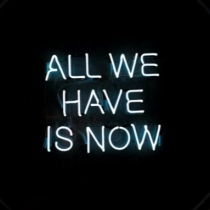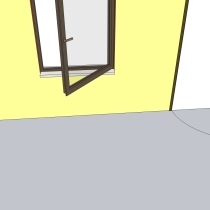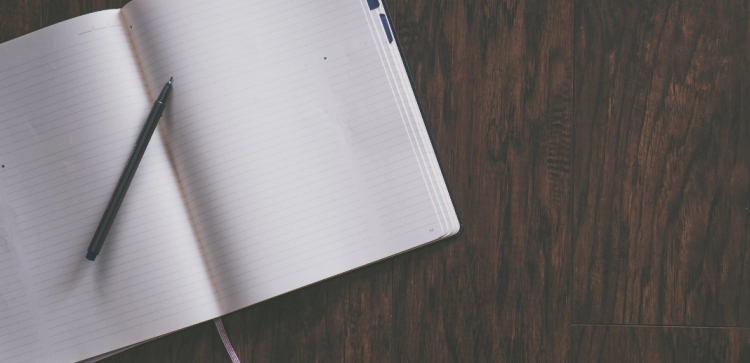Journaling can be an effective tool to help manage stress in several ways. Firstly, it allows you to express and process your emotions and thoughts in a safe and non-judgmental way. Writing down your worries and concerns can help you gain clarity and perspective on the situation, which can in turn reduce the intensity of your stress.
Additionally, journaling can help you identify patterns in your thoughts and behaviors, which can enable you to make positive changes in your life. By tracking your moods, energy levels, and stress triggers, you can gain insight into what factors contribute to your stress and take steps to avoid or manage those triggers in the future.
Finally, the act of journaling itself can be a calming and meditative practice, allowing you to focus on the present moment and reduce your anxiety. Overall, journaling is a simple yet powerful tool that can help you cope with stress and improve your emotional well-being.
Journaling can be a helpful technique for managing anxiety in several ways. Firstly, it provides a safe space for you to express and process your anxious thoughts and emotions without fear of judgment or repercussion. By putting your thoughts on paper, you can gain a sense of control over them, which can help to reduce their intensity and frequency.
Additionally, journaling can help you identify and challenge negative thought patterns and cognitive distortions that contribute to your anxiety. By recording your thoughts and examining them objectively, you can begin to identify patterns in your thinking and challenge any unrealistic or unhelpful beliefs that may be fueling your anxiety.
Finally, journaling can serve as a grounding technique to help bring you back to the present moment when you are feeling overwhelmed or anxious. By focusing on the act of writing, you can anchor yourself in the present and reduce the impact of anxious thoughts and feelings.
Journaling and bullet journaling are both forms of personal writing, but they differ in terms of their structure, purpose, and content.
Journaling is a form of personal writing that can take many different forms, but generally involves free-form writing about your thoughts, feelings, experiences, or observations. The content and structure of a journal can vary widely, depending on the individual's goals and preferences, and there are no strict rules or guidelines to follow. Journaling can be used as a tool for self-reflection, personal growth, creative expression, or simply as a way to record daily events and memories.
Bullet journaling, on the other hand, is a specific method of personal organization and planning that uses a system of bullet points and symbols to track tasks, events, goals, and other information. The structure of a bullet journal is highly organized and customizable, typically involving a system of index pages, monthly and weekly spreads, and collections of related information. Bullet journaling can be used as a tool for time management, productivity, goal-setting, and personal growth.
Journaling and writing down intrusive thoughts can help you better understand them and their trigger, and take control. By learning what triggers you, when the triggers occur, what causes them, and how you react to them, you can learn how to take control and, with time, overcome OCD.
Journaling is a great tool for figuring these things out. Journaling slows down your mind and allows you to really inspect each thought you are going through and writing down. This allows you to understand them at a much deeper level. This deep level of learning can help you expose triggers, and can show you a clearer way of how to deal with these triggers.
- Don't judge yourself, your journal is for you, not for others.
- Don't try to make it perfect, allow yourself to make mistakes in spelling and grammar.
- Don't copy other people's writing styles. Write in your own way, however it comes out.
- Don't force yourself to write, not every day and not a certain amount of words/pages.
- Don't let journaling take over your life or become an obsession.
- Find a spot you feel comfortable in, and that you won't be interrupted.
- Use a pen and notebook that you enjoy using.
- Don't just write down things that happened, reflect on them, analyze them, try to understand them.
- Make journaling a habit by doing it at a scheduled day and time, but don't be too strict.
- Journal with an open mind, allow your thoughts to flow, and explore even the silliest ideas.
Many therapists recommend to their patients to start journaling, or to continue journaling if it was a practice they had in the past. This is, of course, if the therapist and the patient feel it would benefit the patient and their therapy.
Journaling may not be for everyone, but during therapy, a therapist can understand if journaling is worth trying, and if so, they can also give guidelines and items to focus on while journaling.











